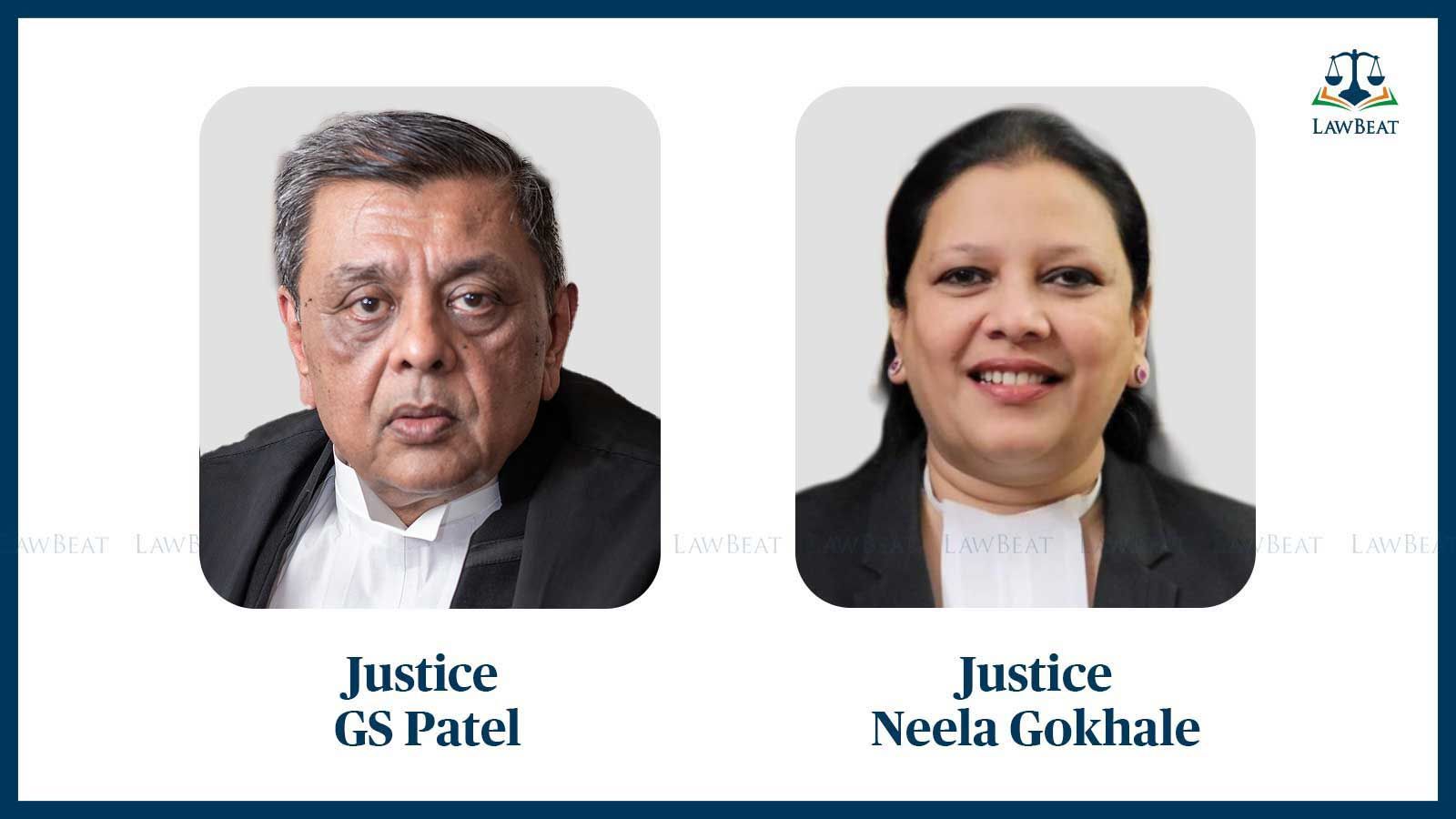Who Fact Checks The Fact Check Unit? Asks Bombay High Court In Plea Challenging IT Rules Amendment

The court was hearing the challenge to the establishment of the fact check unit under the new IT Rules. During the hearing of petitions challenging the Information Technology Rules, Senior Advocate Arvind Datar argued that the lack of clear definitions in the rules warranted their invalidation.
A division bench of the Bombay High Court, consisting of Justice GS Patel and Justice Neela Gokhale, expressed on Friday its endeavour to comprehend the entity responsible for overseeing the fact-checking unit.
“We are also trying to understand who facts check the fact check unit,” Justice Patel said.
During the hearing of the petitions challenging the amended Information Technology Rules that introduced a fact-checking unit, the division bench, including Justice Patel, made the following remark.
The observation was made when Senior Advocate Arvind Datar presented arguments on behalf of the News Broadcasting Digital Association.
Responding to Justice Patel's observation, Senior Advocate Arvind Datar highlighted that the player had been assigned the dual role of both umpire and referee.
“That's my third submission. The player becomes an umpire and the referee,” Datar said.
Datar put forth the argument that due to the government's failure to provide clear definitions for terms such as "fake," "false," "misleading," and "government business," the rule should be invalidated.
He contended that even in the Indian Contract Act, there were explicit definitions provided for what does not constitute free consent. Datar highlighted that terms like "coercion," "misrepresentation," "mistake," and "undue influence" were precisely defined within that act. He further emphasized that even commonly used terms like "relatives" were defined in the Companies Act of 2013 and the Income Tax Act.
During Advocate Gautam Bhatia's arguments on behalf of the Magazine Association of India, the division bench made an additional observation. It noted that in a democratic process, the government holds the status of both a participant and a citizen.
“In the democratic process, the essence of discourse is the government is as much participant as a citizen. It is not a repository of truth that cannot be questioned. It is a fundamental right to doubt, to question, to demand answers from government and it is the duty of government to respond,” the bench observed.
Bhatia argued before the division bench that the government was coercing the intermediary to comply with the directive to take down the content.
“They say that you have the choice to not take down but you will lose safe harbour and that's the problem. The coercion is to lose the safe harbour. The case your lordships are dealing with is slightly different. It is not a book ban where it can be directly seen in 19(1)(a). It is an illusion of choice. They say you have the option to comply but the consequences will follow. Intermediary commercial interest will not be served if they lose the shield so they self-censor. It should be checked by the court,” said Bhatia.
Advocate Bhatia expressed his view that the rules were excessive. In response, the bench stated that setting aside the aspect of excessiveness, it was struggling to comprehend the necessity behind the amendment.
"What is the concern that necessitates this amendment? What is the anxiety behind it? I still do not know,” Justice Patel said.
During the hearing, the court also remarked that except in a court of law, nobody has the authority to pronounce what is true and false.
"I find it difficult that the rules give the Fact Checking Unit absolute power to decide that this is fake and this is misleading. This is completely binary. According to me, except in a court of law, nobody has the authority to pronounce what is true and false. Even a court only says probably this may be the truth and probably this is false," Justice Patel remarked.
The Bombay High Court was hearing petitions filed by various parties, including stand-up comedian Kunal Kamra, the Editors Guild of India, the News Broadcasting Digital Association, and the Association of Indian Magazines. These petitions challenged the Information Technology Rules that introduced the fact-checking unit.
Today, the petitioners concluded by presenting their arguments. The bench has scheduled to hear Solicitor General Tushar Mehta on July 26 and July 27.
During the earlier hearings, the bench had questioned if members of a political party moving to another party in Maharashtra be part of the government business.
“The rule gives no guidelines about what can and can't be done. Is a political action, for example, in Maharashtra party members move from one party to another. Will it be part of the business of the government?” the bench questioned.
The division bench during the earlier hearings had also questioned if the rules would be applicable to print media as well as digital media. Further, the bench asked if the same content is printed on print and digital then why will action be taken only against one.
“If someone takes a picture from print media and posts it on Twitter then whether Twitter will be asked to take it down and nothing will be done about print media?” the bench questioned.
Case title: Kunal Kamra & Ors. vs UOI
